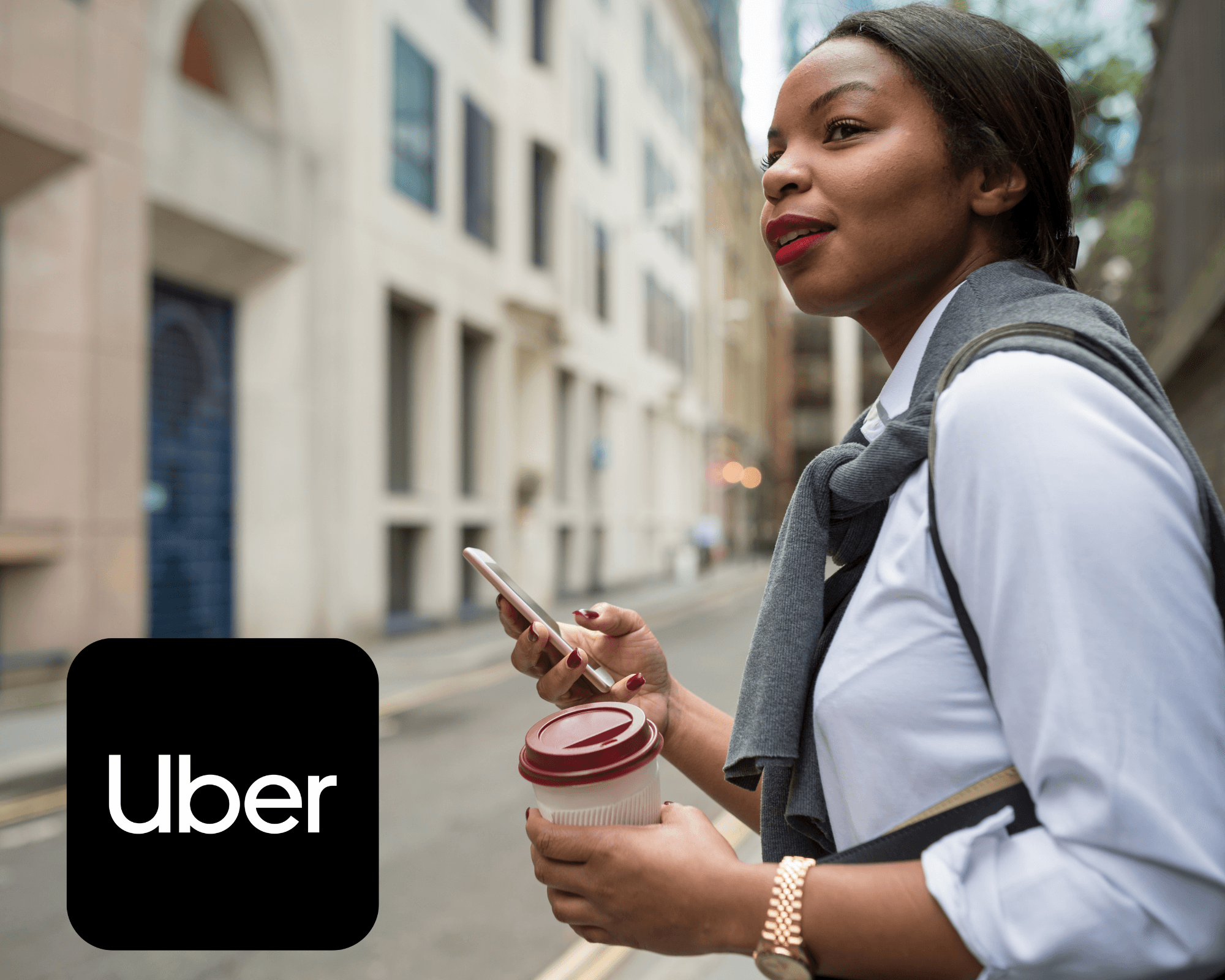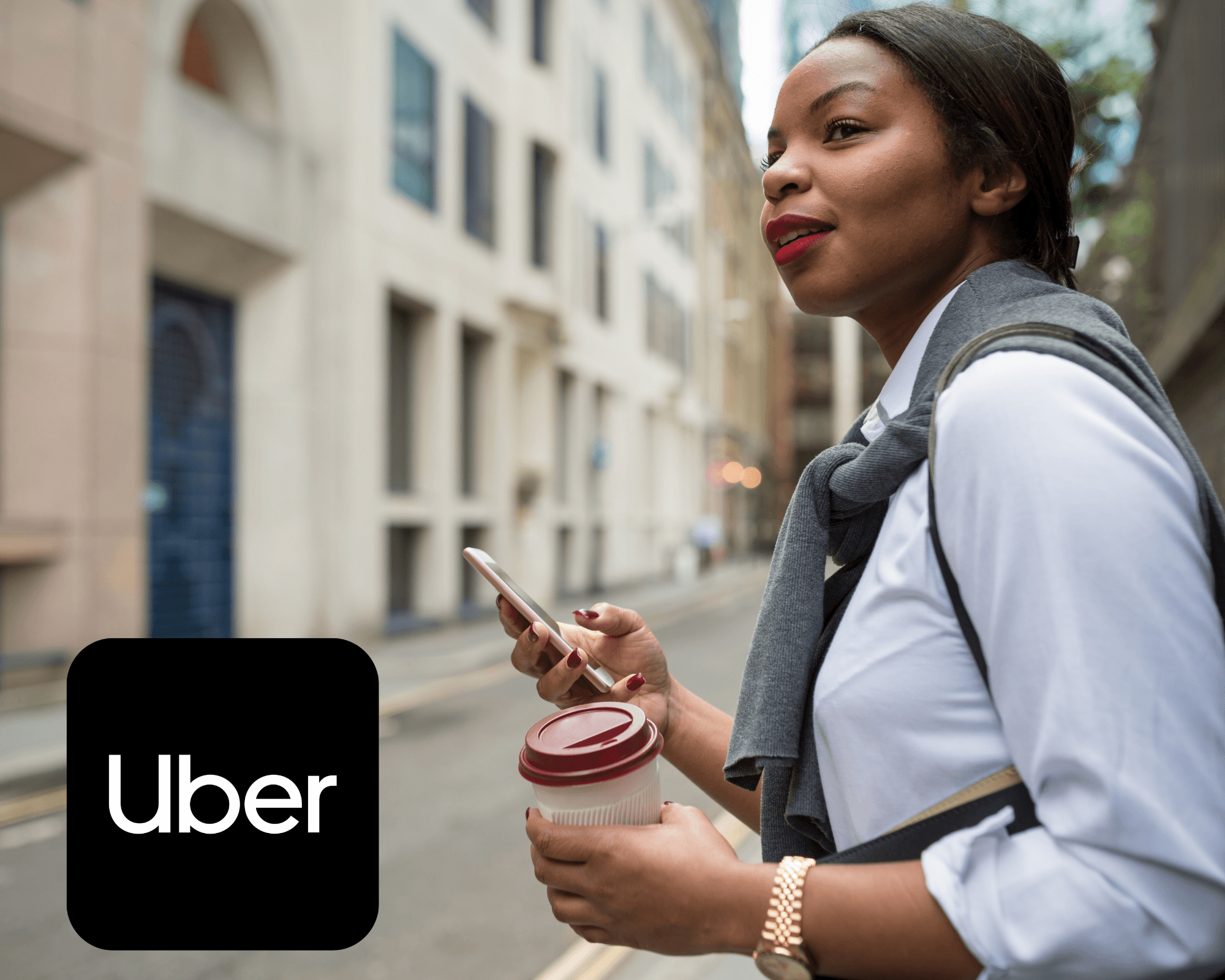

Imagine being paid to take a break from driving. Uber, the world’s largest ride-sharing company, is making this a reality through its One Less Car trial. This initiative, which begins on July 22, will offer $1,000 to participants who commit to giving up their cars for five weeks. This programme extends to major cities such as Los Angeles, Chicago, Miami, San Francisco, Toronto, Vancouver, and Washington, D.C.Uber’s One Less Car trial is a collaboration with the UK-based Behavioural Insights Team, and it aims to reduce personal car use and promote a car-light lifestyle. The company has committed $800 million to assisting its drivers in transitioning to electric vehicles by 2040, and has partnered with Hertz to provide Tesla rentals to drivers. While the trial aims to reduce car use, it also aligns with Uber’s environmental goals.The trial includes 175 participants from the aforementioned cities who will be given financial incentives to explore alternative modes of transportation. These incentives include $500 in Uber Cash for Uber rides and Lime e-bikes and scooters, $200 for car rentals or carsharing services, and $300 for public transportation and other modes of transport.All participants will also receive a one-month free Uber One membership, which includes benefits such as 6% Uber Cash on eligible rides and no delivery fees for food and groceries. Uber encourages participants who receive cash-equivalent stipends to submit receipts for their mobility purchases, whether for carshare or public transportation.Individuals must meet certain requirements in order to participate. They must be at least 18 years old, have a driver’s licence, drive their personal vehicle more than three times per week, have a bank card, and be willing to document their experiences. This documentation will begin with a control period in the first week, where they record their usual driving habits. Uber is keen to understand how participants adapt and what transport options they favor.Adam Gromis, Uber’s global head of Sustainability Policy, highlights the program’s significance: “Many Uber riders tell us they want to live a more car-light lifestyle with a variety of ways to ride, including public transit, shared bikes and scooters, walking, and rideshare. This research is critical to help us figure out how to make car-light living possible for more people who want to save money, emissions, and time in traffic.”The program was inspired by a similar initiative in Australia last year, which saw a significant increase in walking, cycling, and rideshare use among participants. Uber’s findings from the Australian trial showed that participants needed access to at least four transportation options to effectively replace their private cars. The trial there indicated that cycling and rideshare use increased about four to five times, train and bus trips went up significantly, and walking increased by 75%.The US has an astounding 233 million private vehicles, with about 80 million driven less than 10 miles daily. This highlights the potential impact of reducing car dependence. Notably, the Census Bureau states that nearly 92% of US households own at least one vehicle.By demonstrating the viability of a car-light lifestyle, Uber hopes to influence long-term changes in transportation habits. If you liked this story, please follow us and subscribe to our free daily newsletter.






